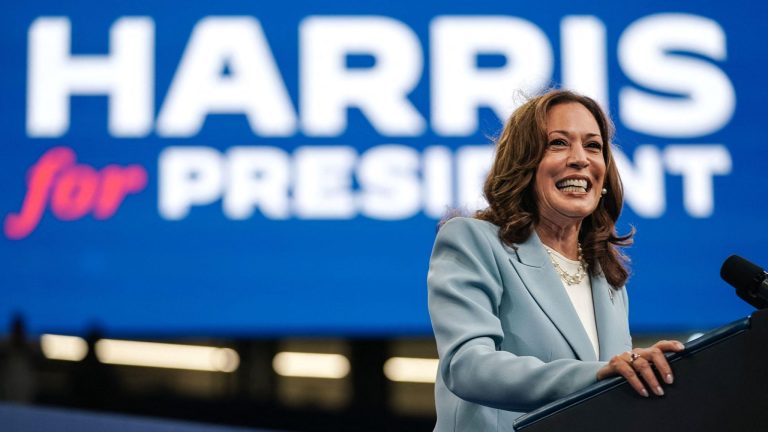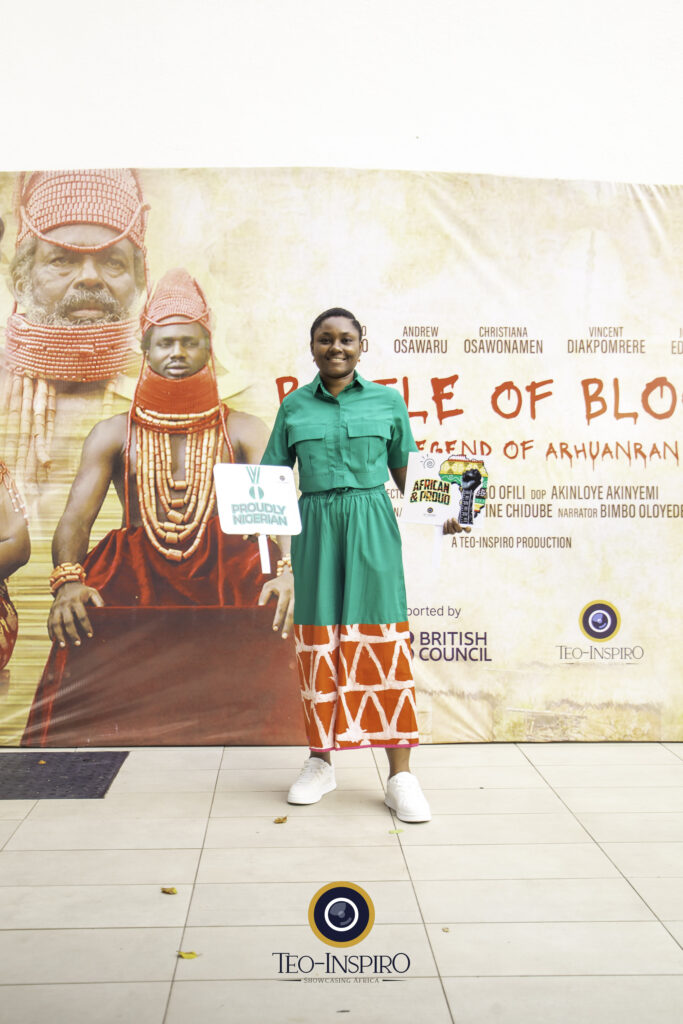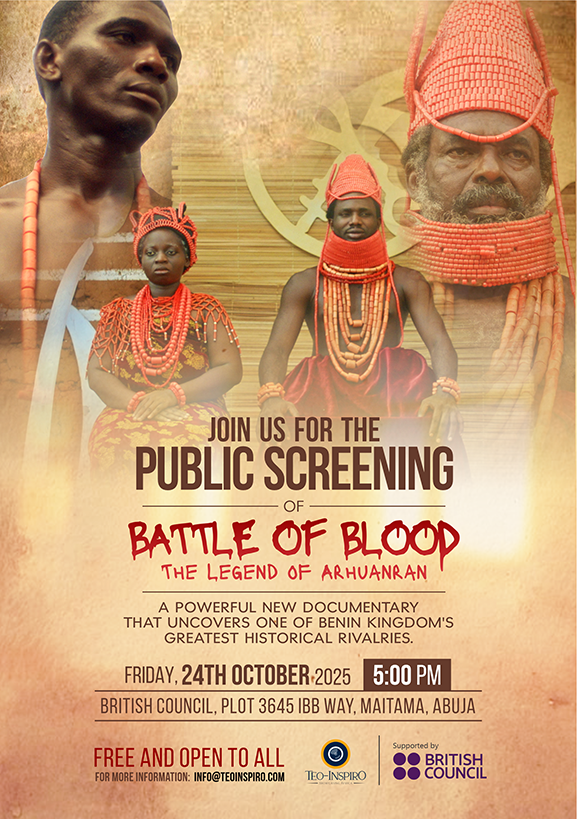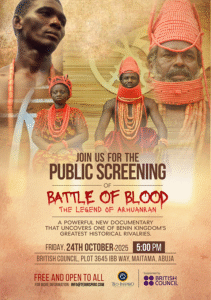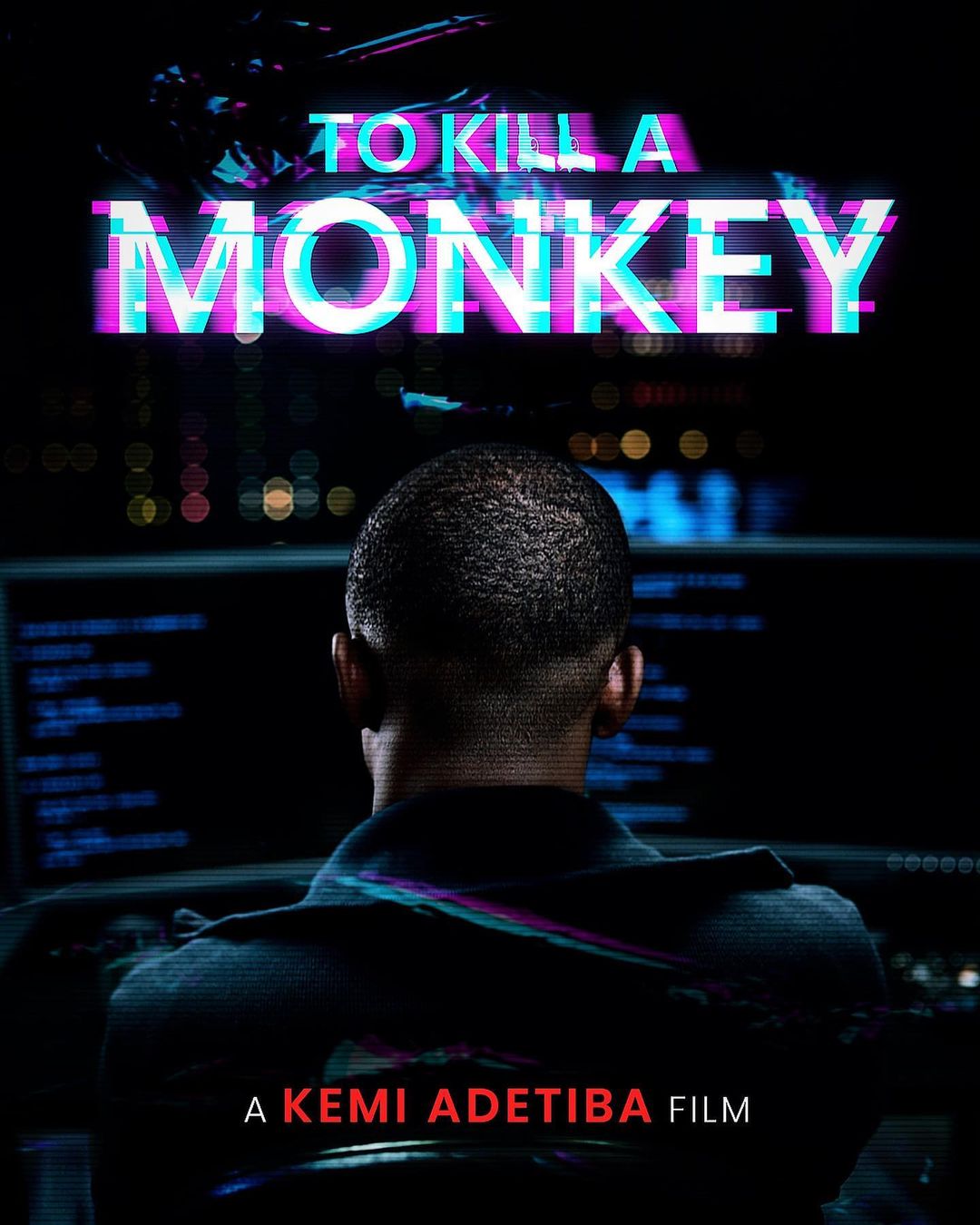
This To kill a Monkey Review explores story of Efe, a struggling family man whose desperate attempts to secure a better future spiral into betrayal, broken trust, and survival at all costs. What begins as the promise of financial freedom quickly unravels into a powerful reflections of pressure, choices, and consequences that mirror the realities many face in silence.
When I laid down on my bed to watch To Kill a Monkey, I expected entertainment. Instead, what I got was a gut punch of laughter, tears, and uncomfortable truths.
From the very beginning, the dialogue threw me off balance, I couldn’t help but laugh. But almost immediately, the laughter turned into something heavier. The hardship of Efe’s life hit like a tidal wave. One moment I was laughing too soon, and the next, I felt the weight of his helplessness. For me, it wasn’t just a story, it was a reflection of the financial pressure that falls on men, often in ways society rarely discuss openly.
One unforgettable scene that stayed with me was Efe, at his lowest point, sought comfort in the arms of his Madam who had always lust after him, on whom he had hoped would ease his burdens, only to be robbed afterwards. That was both tragic and symbolic, it showed how desperation can lead to decisions that strip away dignity, yet still bring no relief. Watching him trapped between impossible choices reminded me of how harsh and unforgiving life can be, especially when provision becomes the measure of masculinity.
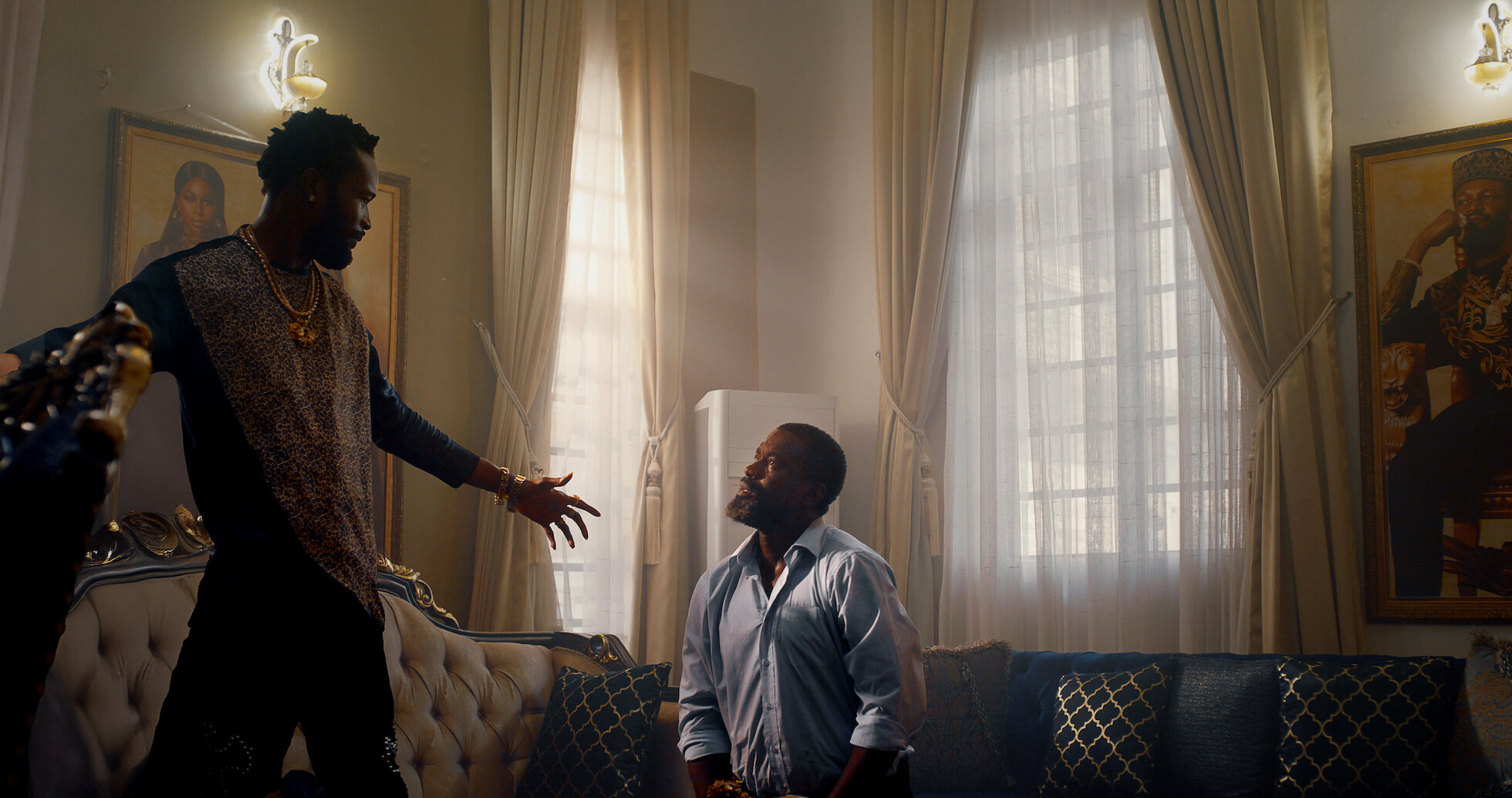
By the final scenes, Efe’s downfall felt almost inevitable. Not just because of the poor choices he made, but because the story illustrated how cycles of betrayal and survival tactics can close in in a person. His betrayal towards his brotherly, Ogbus, done in the name of protecting his family, carried a mix of guilt and justification. And when he turned against his lover Amara, whom I like to call, the fiery woman, who symbolized hope and a new beginning, the narrative left no room for redemption.
A friend of mine reflected on Efe’s wife character, Nosa, which struck her deeply. Marriage vows often sound beautiful, “for better, for worse, in riches and in poverty”, but the series challenged that ideal. Nosa’s actions, which may have seemed harsh at first, came from a place of fear and protection. With her children exposed to danger and her world collapsing, she was fighting to shield the little she had left. For me, that was one of the most realistic angles of the series: love under pressure does not always look tender, it sometimes takes the form of desperate survival.

What gave the story its depth was the balance of tone. The birthday scene made us laugh, “Brotherly, I go soon buy that boat(yacht) naa”, only for tragedy to follow right after. That’s life itself, sometimes comic relief slips into even the darkest days.
In the end, To Kill a Monkey was more than hype. It was a cautionary tale about the weight of expectations, the fragility of human bonds, and the cost of survival. I saw it as a reminder and even said, “I am adding this to my prayer point ohm”.
It was laughter, tears, and lessons about love, loyalty, and life. Together, it’s a story that lingers long after the screen goes dark.
But what do you think? Did the series leave you with the same mix of emotions, or did you see the characters in a different light? I’d love to hear your perspective, share your thoughts in the comment section below.


